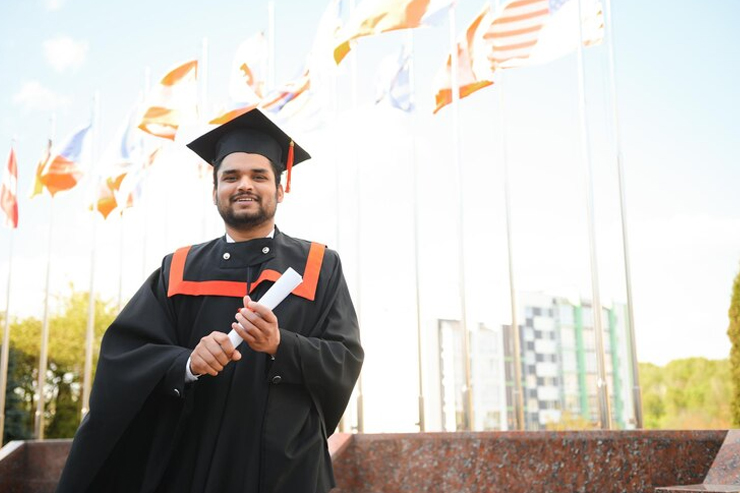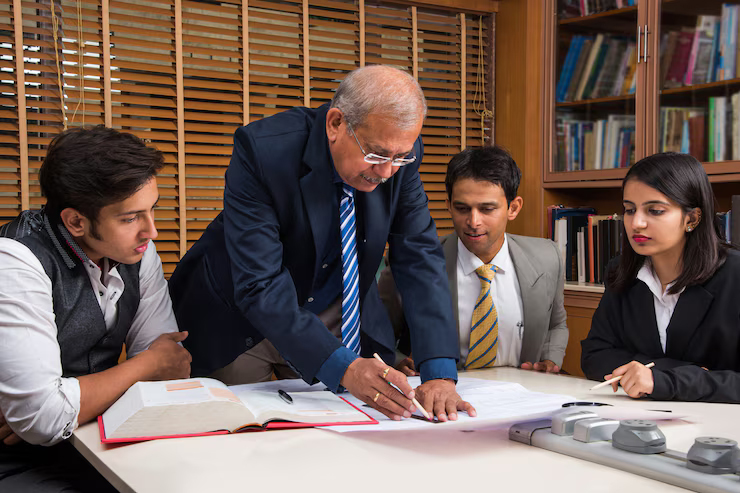Studying Law Abroad
After LLB in India, students often pursue an LLM from foreign universities. Popular destinations include:
- USA (Harvard, NYU)
- UK (Oxford, Cambridge, LSE)
- Canada (University of Toronto, McGill)
- Australia (University of Melbourne, ANU)
These programs enhance legal knowledge, provide international exposure, and open doors to global careers.
Eligibility: Most universities require:
- A recognized LLB degree
- English proficiency test scores (IELTS/TOEFL)
- Letters of recommendation and a statement of purpose
Practicing Law Abroad
To practice law overseas, you often need to:
- Qualify for local bar exams (e.g., QLTS/SQE in the UK, Bar Exam in New York)
- Complete a conversion course or bridging qualification
- Gain local work experience
Some countries, like Canada, allow Indian law graduates to write equivalency exams through the NCA (National Committee on Accreditation).
Legal Jobs in International Organizations
Graduates can also work in roles that don’t require local bar qualifications:
- Legal researchers
- Policy advisors
- Contract analysts in MNCs
- NGOs or UN-affiliated bodies
Visa and Immigration Considerations
Student visas are typically granted for LLM programs. Post-study work visas may allow you to gain experience abroad. Consulting a legal education advisor is key to navigating immigration laws effectively.








